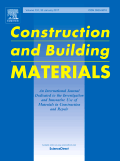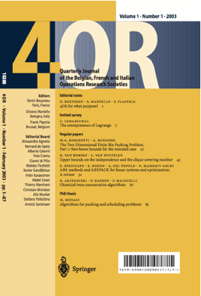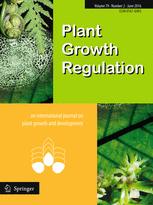 A journal has retracted a paper after the university notified the editors that the authors presented the gruesome details of a patient who they didn’t directly treat.
A journal has retracted a paper after the university notified the editors that the authors presented the gruesome details of a patient who they didn’t directly treat.
But the paper’s corresponding author disputes that claim, arguing that the first author — a radiologist, who has since passed away, provided a crucial diagnosis in this case. We’ve tried to track down the doctors who lodged a complaint about the paper, alleging they were “actually involved in the original patient treatment,” but have so far been unsuccessful.
The paper describes an unfortunate accident during which a man fell from his tractor and stabbed himself in the eye on part of the machine. Initially, doctors could not locate the eye and “believed it to have been completely destroyed,” and discharged the patient after seven days. One week later he was back, complaining of headaches — and doctors found the eye embedded deep inside the skull, intact.
According to the retraction notice, issued by the Journal of Neuro-Ophthalmology, an investigation by a university in Iran determined the doctors who initially described the case didn’t have the right to do so: Continue reading When a tractor stabs a man in the eye, who gets to write up the case report?
 A material science journal has retracted a
A material science journal has retracted a  Recently, the editors of a journal about management science received a submission from a prominent Dutch economist. But something didn’t feel right about it.
Recently, the editors of a journal about management science received a submission from a prominent Dutch economist. But something didn’t feel right about it.
 In a massive cleanup, Springer and BioMed Central announced today they are retracting 58 papers for several reasons, including manipulation of the peer-review process and inappropriately allocating authorship.
In a massive cleanup, Springer and BioMed Central announced today they are retracting 58 papers for several reasons, including manipulation of the peer-review process and inappropriately allocating authorship.
 With so many
With so many  A journal has retracted a paper for a somewhat unusual reason — and swapped the article with an entirely new paper by different authors.
A journal has retracted a paper for a somewhat unusual reason — and swapped the article with an entirely new paper by different authors. As
As 